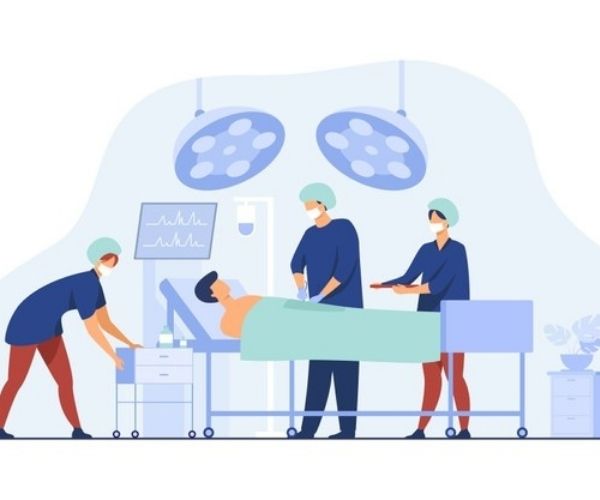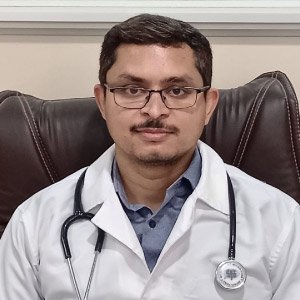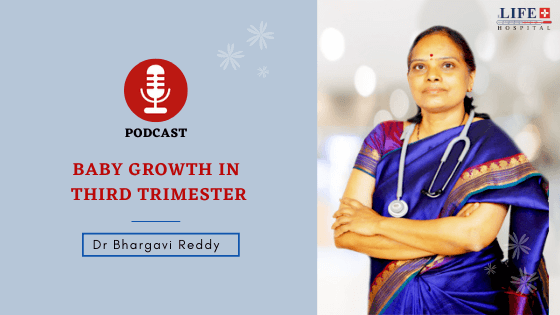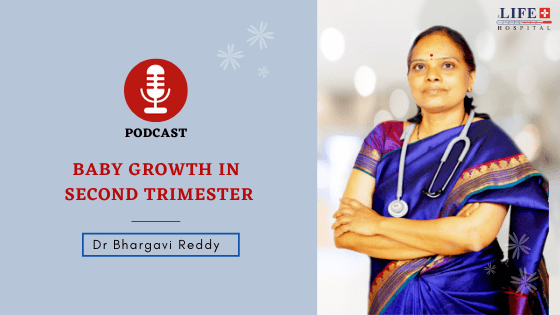Specialized center for General Surgery Treatment
General surgery is a surgical specialty that focuses on abdominal contents including the esophagus, stomach, small intestine, large intestine, liver, pancreas, gallbladder, appendix and bile ducts, and often the thyroid gland.
THE LIFE PLUS HOSPITAL Care is COVID 19 Safe
- Our Hospital premises are COVID safe
- Regular sanitization of clinic & hospital premises
- Immediate medical assistance through Online Consultation
Specialized center for General Surgery Treatment
General surgery is a surgical specialty that focuses on abdominal contents including the esophagus, stomach, small intestine, large intestine, liver, pancreas, gallbladder, appendix and bile ducts, and often the thyroid gland.
THE LIFE PLUS HOSPITAL Care is COVID 19 Safe
- Our Hospital premises are COVID safe
- Regular sanitization of clinic & hospital premises
- Immediate medical assistance through Online Consultation


USFDA
Approved Procedures

No Cuts.
No Wounds.
Painless*.

Insurance
Paperwork Support

1 Day
Procedure
General Surgeon
A general surgeon is a physician who has been educated and trained in the diagnosis and preoperative, operative, and postoperative management of patient care. Surgery requires knowledge of anatomy, emergency and intensive care, immunology, metabolism, nutrition, pathology, physiology, shock and resuscitation, and wound healing.
The general surgeon is trained to provide surgical care for the whole patient. This includes making a diagnosis; preoperative, operative and postoperative management of the patient; and the surgical treatment of the:
- alimentary tract;
- abdomen and its contents, including the pelvis;
- breast, skin and soft tissue; and
- endocrine system.
It includes head and neck surgery, pediatric surgery, surgical critical care, surgical oncology, trauma and burns, transplants and vascular surgery.
Let's Schedule Your Appointment
Treatment

Our Doctor
Why The Life Plus Hospital?
 The Life Plus Hospital is COVID-19 safe
The Life Plus Hospital is COVID-19 safe
Your safety is taken care of by thermal screening, social distancing, sanitized clinics, and hospital rooms, sterilized surgical equipment, and mandatory PPE kits during surgery.
 Medical Expertise With Technology
Medical Expertise With Technology
Our Doctors spend a lot of time with you to diagnose your condition. You are assisted in all pre-assisted Hospitalisation process. We offer advanced laser and laparoscopic surgical treatment. Our procedures are USFDA approved.
 Assisted Surgery Experience
Assisted Surgery Experience
A dedicated Medical Coordinator assists you throughout the surgery journey from insurance paperwork, to free commute from home to hospital & back and admission-discharge process at the hospital.
 Post Natal Care
Post Natal Care
We offer free follow-up consultations and instructions including dietary tips as well as exercises to every patient to ensure they have a smooth recovery to their daily routines.
The Life Plus Hospital in Numbers
Years Of Expertise
Successful Surgeries
Consultation
Success Rate
Nature of the work
General surgery encompasses a broad range of surgery which includes:
- surgical conditions of the gastrointestinal tract from the oesophagus to the anus
- breast conditions
- kidney, pancreas and liver transplantation
- trauma to the abdomen and thorax
- certain skin conditions
- initial assessment of patients with peripheral vascular disease
- general surgery of childhood
- elective surgery is also an important part of the work
General surgery is one of the two largest surgical specialities in the UK (the other being trauma and orthopaedics) employing 31% of the country’s consultant surgeons. This is a wide-ranging surgical speciality with many sub-specialities.
General surgeons usually have their own subspecialty and also perform more general work. Acute abdominal pain is the most common emergency presentation requiring surgery since the abdomen has various organs which may be causing the pain. Common conditions requiring surgery include appendicitis, hernias and gallstones.
“The atmosphere in the operating theatre is great and you get to know your colleagues really well”. Bynvant Sandhu, higher specialty trainee, General surgery.
Common procedures/interventions
Laparoscopic or minimally invasive surgery (also known as “keyhole surgery”) is now widely used within general surgery. These techniques are also popular with patients as there is less scarring, a shorter recovery time and improved outcomes. Most abdominal operations including bowel tumour removal and hernia repair can now be carried out laparoscopically. Some general surgeons choose to specialise in laparoscopic surgery.
Sub-specialities
Sub-specialities within general surgery include:
- breast surgery – assessment of breast symptoms, breast cancer surgery and breast reconstructive surgery where a plastic surgeon is not needed
- lower gastrointestinal surgery – for the diseases of the colon, rectum and anal canal, and particularly cancer of the bowel
- endocrine surgery – for thyroid and other endocrine glands
- upper gastrointestinal – this includes the oesophagus, stomach, liver and pancreas and also incorporates weight-loss surgery
- transplant surgery – renal (kidney), hepatic (liver) and pancreatic transplantations
Specialist training is also provided for advanced trauma surgery (for military surgery and trauma centres) and for remote and rural surgery.
Where do they work
General surgeons have an important role to play in A&E departments where emergency surgery is needed. In rural and remote areas general surgeons are in demand for their wide range of skills.
General surgeons also perform trauma surgery following accidents, although this has decreased because of improved car safety. This work requires close collaboration with other specialist colleagues and a holistic approach to treatment.
A small number of general surgeons are highly specialised and they only perform complex surgery within their own subspecialty, such as organ transplant surgery.
Within the Armed Forces, military surgeons are general surgeons, where their work has an emphasis on trauma and emergency surgery. General surgeons also carry out many simple childhood operations.
Specialist training is also provided for advanced trauma surgery (for military surgery and trauma centres) and for remote and rural surgery.
General Surgery FAQ's
Your physician should clearly explain the surgical procedure, explaining the steps involved and providing you with illustrative examples. You should ask if there are different methods for performing this operation and why he/she favors one way over another.
Reasons to have surgery may vary from relieving or preventing pain to diagnosing a problem to improving body function. Ask your physician to specifically explain why this procedure is being recommended for you and make sure you understand how this may improve your medical condition.
It is important that your physician outline the specific benefits of having surgery for you. You should also ask how long the benefits typically last. Some benefits only last a short time, and could possibly require a second operation, while others may last a lifetime. Also, ask your physician about published information regarding the outcomes of the recommended procedure. This will allow you to make an informed decision and have realistic expectations about the surgery.
Surgery always carries some risks, so it is important to weigh the benefits against the risks before surgery. Ask your physician to outline the possible complications, such as infection and bleeding, and possible side effects that could follow the procedure. You should also discuss pain and ways to manage any pain that may follow the procedure.
Tell us about your problems and we’ll figure out the best treatment option for you.
Life Plus hospital
Women and Child Care Hospital in Indiranagar | LifePlus Hospital
At Life plus hospital, we offer a comprehensive range of women’s health services. The Department is managed by highly experienced lady gynecological doctors who offer specialized attention and compassionate care for women













